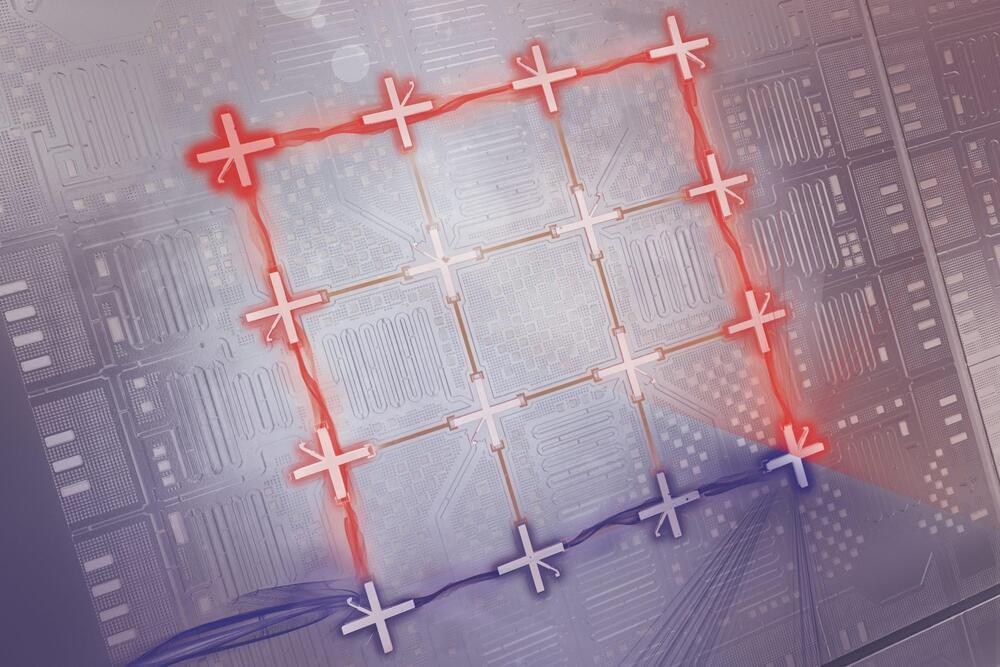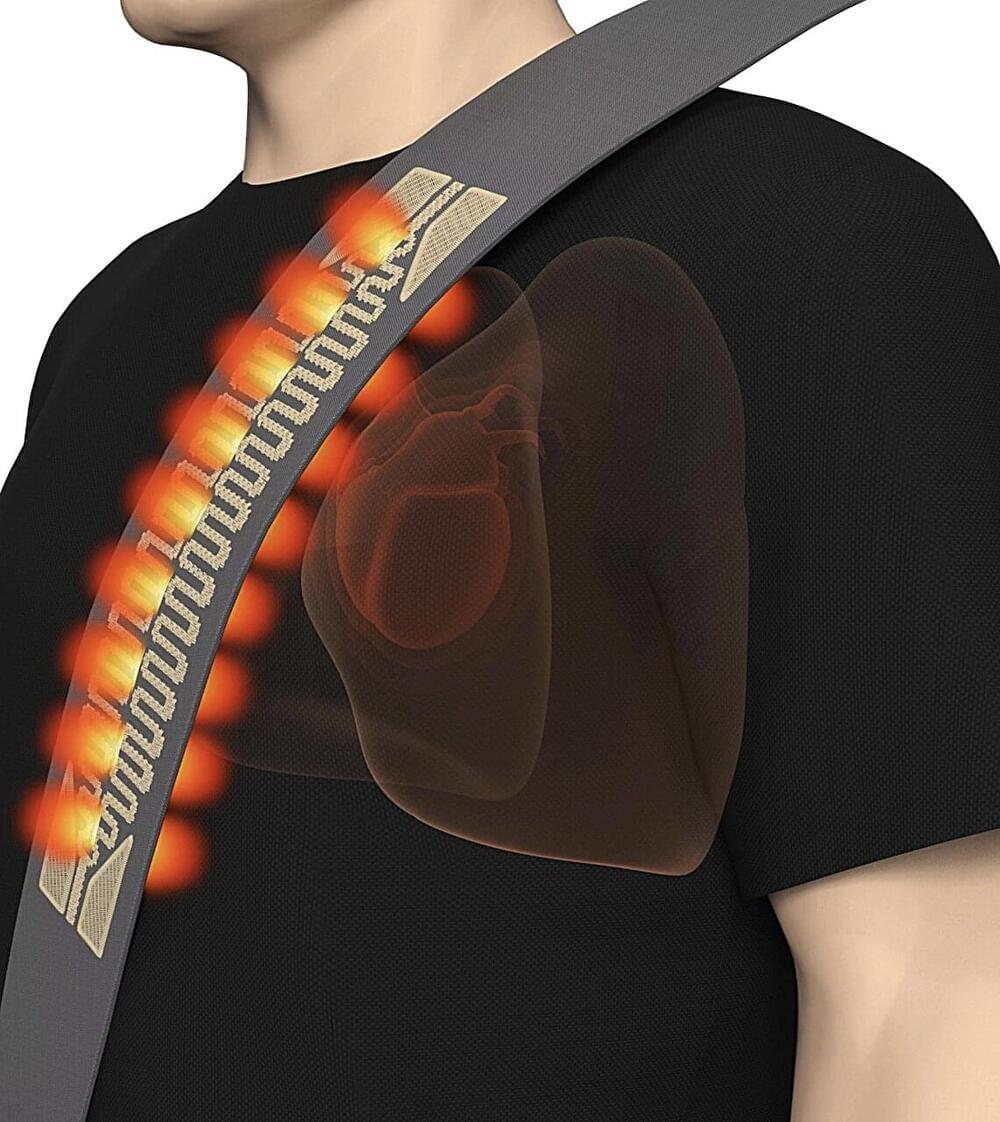Nov 18, 2024
Rewriting Physics: MIT Quantum Computer Emulates Complex Electromagnetic Fields for the First Time
Posted by Paul Battista in categories: computing, particle physics, quantum physics
Quantum computers have the potential to simulate complex materials, allowing researchers to gain deeper insights into the physical properties that emerge from interactions among atoms and electrons. This may one day lead to the discovery or design of better semiconductors, insulators, or superconductors that could be used to make ever faster, more powerful, and more energy-efficient electronics.
But some phenomena that occur in materials can be challenging to mimic using quantum computers, leaving gaps in the problems that scientists have explored with quantum hardware.
To fill one of these gaps, MIT researchers developed a technique to generate synthetic electromagnetic fields on superconducting quantum processors. The team demonstrated the technique on a processor comprising 16 qubits.


















